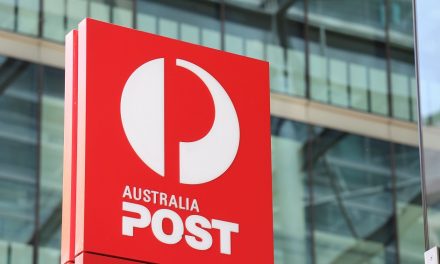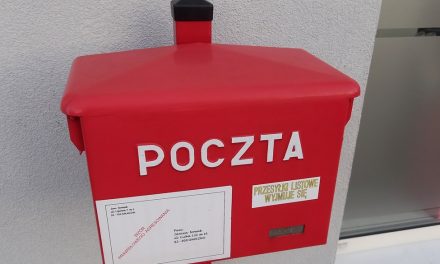
The Universal Service Obligation – comment
"The transformation plan is about enabling the postal service to successfully carry out its long-standing mission of providing affordable universal service."
So says the opening message in the transformation plan from postmaster general John E. Potter and Board of Governors chairman Robert Rider.
Along with many other conclusions and recommendations, the U.S. Postal Service gave its thoughts on what organizational structure would best meet its universal service obligation, or USO. The plan considered three organizational structures: government agency as it was before 1970, a privatized corporation or a commercial government enterprise.
It concluded that a commercial government enterprise "offers the best hope for transforming the postal service into an enterprise equipped to maintain universal service at affordable prices." It’s likely that the basis for this statement was the assumption that a privatized postal service would lose its monopoly on delivery, resulting in "cream skimming" of desirable delivery routes and non-service to remote routes.
According to the transformation plan, the postal service thinks the future definition of USO should be determined as a matter of public policy, presumably by Congress. We already know that, because of a lack of roads, the senior senator from Alaska thinks that USO includes delivering groceries and building supplies by mail in Alaska. The postal service confirms that it annually loses $100 million on this unsubsidized service.
So what exactly is USO? There doesn’t appear to be a single, simple definition. However, it is generally considered to be six-day-a-week delivery to a curbside mailbox, mailbox on a front door or centralized cluster box (inside or out). Clearly, the type of delivery varies by density and political pressure.
A USPS study a few years ago concluded that reducing delivery days from six to five could save $800 million to $1.1 billion. Political pressure from Congress and the mailing industry never let the issue surface for meaningful debate.
In any case, according to the transformation plan, a commercial government enterprise (or presumably a government agency) is best able to carry out the USO.
The subject of Appendix U of the transformation plan is the "Universal Service Obligation and the Postal Monopoly." As the appendix notes, the issue of universal service is not unique to the USPS. There are brief discussions of universal service as it applies to the telecommunications, airline, railroad and electric power industries.
Appendix U does a good job of explaining why the methods in these industries to provide USO wouldn’t work for the postal service (presumably if privatized). However, little time is spent figuring out how they, or other methods, could solve the USO problem. Let’s take a brief look at several of the industries the plan studied and see how they handled the USO issue.
In telecommunications, technology has come to the forefront through the broad availability of wireless, which avoids the need to hard-wire every home requiring service. However, the 1996 Telecommunications Act provides for a surcharge on all telephone carriers, which is passed on to all residential and business customers, to compensate for the high investment required to provide service to remote areas. Presumably, a similar surcharge could be placed on any company wishing to provide home mail delivery services to compensate for USPS service to remote areas and revenue losses resulting from cream skimming.
The railroad and airline industries initially were given federal funding to serve small, rural communities. Congress made a public policy decision, however, and these subsidies have now all but disappeared. This affected the economic development of these underserved communities. But there has been a movement away from the rural to the urban and suburban communities for some time.
I am not suggesting that the USO issue is simple. It is an important public policy issue, one that needs serious public debate. But in an era of satellite communication, does the USO require service to the bottom of the Grand Canyon or the top of Mount Rainier? Let us not forget that much of the mail in the postal system is advertising mail. Though I think ad mail is important, should a government-owned entity be required, at great expense, to transport it to the canyon floor?
We need a real debate on the USO issue with a full discussion of all options, alternatives, costs and consequences.
Cary H. Baer is a direct marketing consultant and past chairman of the Association for Postal Commerce (Postcom), New York.












